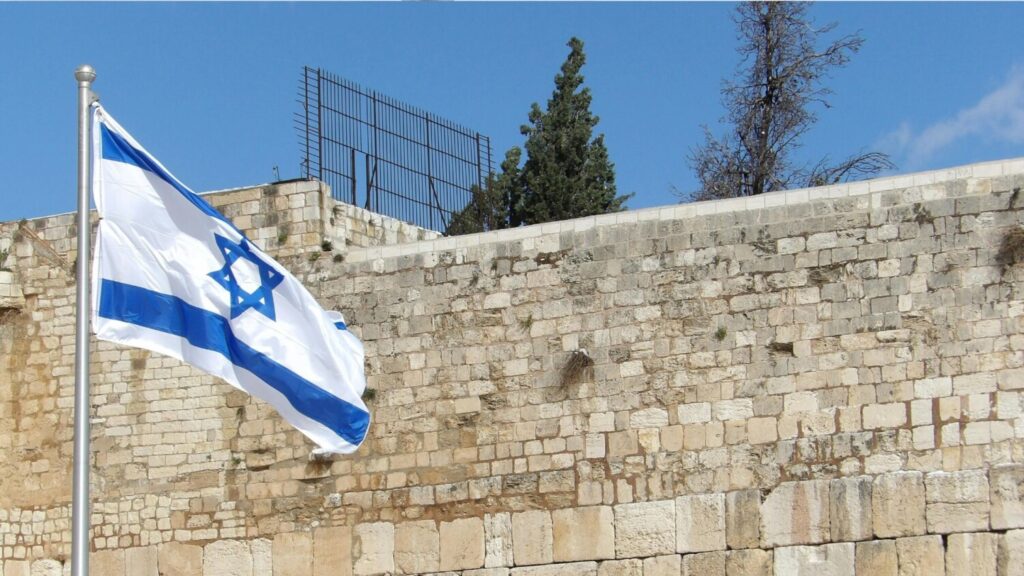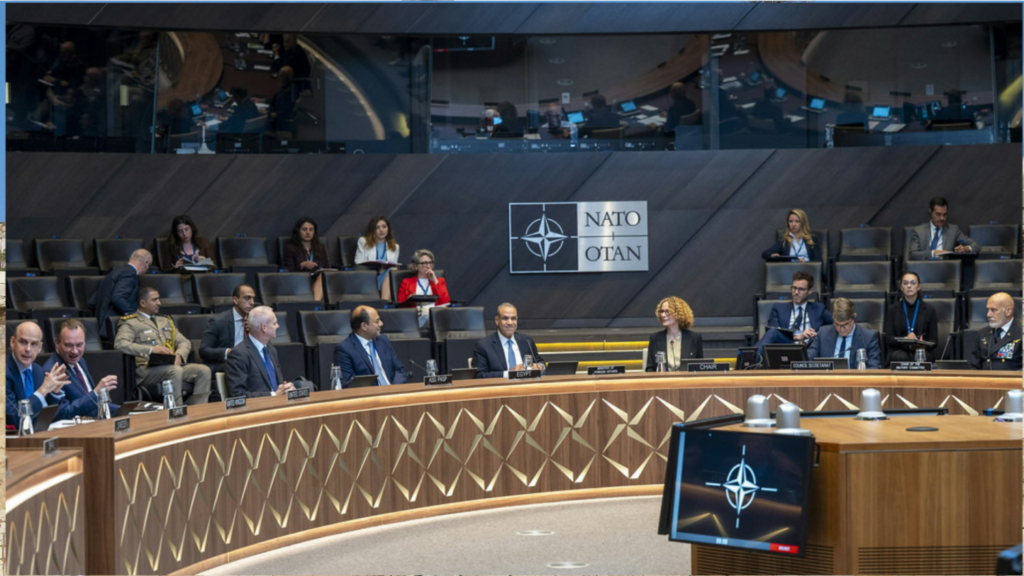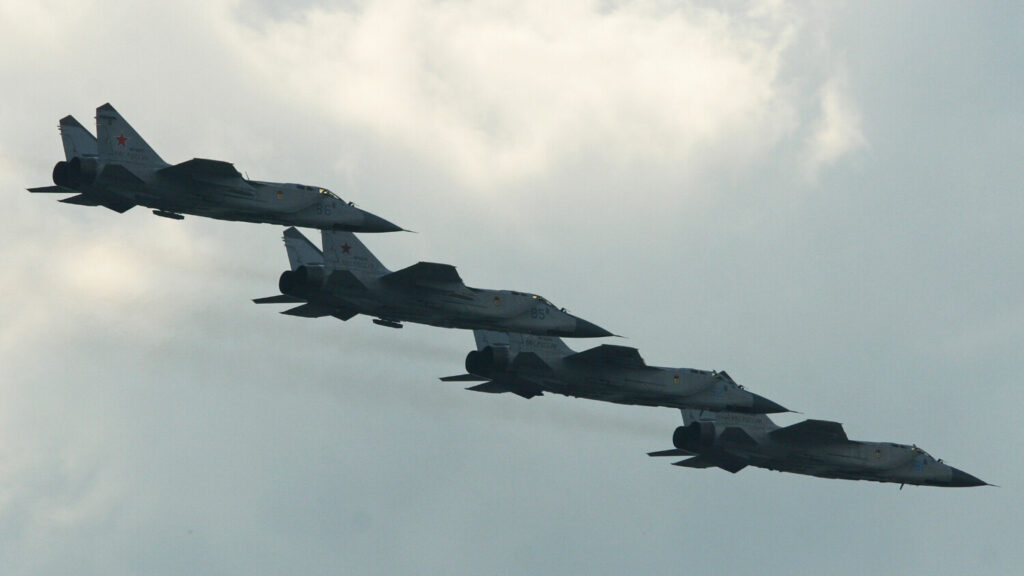Al-Mawadda and the Future of Feminist Politics in Iraq
In September 2025, Jihan al-Taei launched al-Mawadda, Iraq’s first explicitly feminist political party, ahead of the parliamentary elections scheduled for November 11, 2025. The party’s platform emphasizes women’s empowerment, protection of children, institutional reform, and stricter enforcement of laws against gender-based violence. While it represents only a small force in Iraq’s crowded political field, its emergence challenges the dominance of sectarian blocs and the deeply patriarchal structures that define Iraqi politics. Significant threats, including institutional bias, conservative resistance, and security risks, balance the opportunities, youth mobilization, coalition-building, and regional signaling. Whether Al-Mawadda thrives or falters, its mere presence alters the conversation. For Iraq, a country often defined by conflict and sectarianism, the creation of a feminist party suggests that demands for representation and reform remain alive, even in the most constrained political environments.
Sources of Momentum
Al-Mawadda’s rapid growth to more than 7,000 members, achieved without major promotional campaigns, suggests a genuine appetite for new political alternatives. Its appeal is not limited to women: men disillusioned with Iraq’s elite have also joined, indicating that the party taps into broader frustrations with corruption and poor governance. The party distinguishes itself by linking women’s issues to systemic reform. It does not frame empowerment as symbolic, but rather as part of a push for accountability, better governance, and equal access to power. This approach resonates with civil society groups and smaller reformist parties such as the Communists, giving Al-Mawadda a degree of legitimacy that purely quota-driven representation has failed to achieve.
Structural Barriers
The party faces structural disadvantages. Iraq’s politics remain dominated by sectarian alliances and male-led patronage networks. Although women are guaranteed 25 percent of parliamentary seats, this quota often serves as a ceiling rather than a gateway to influence. For many voters, women MPs remain politically invisible once elected. Al-Mawadda lacks funding and media access. It relies on private contributions for basic operations, while most media outlets are tied to established parties and often demand payment to broadcast messages. This makes it difficult for the party to reach beyond its immediate base. Furthermore, as a new organization, Al-Mawadda lacks the institutional experience and political machinery of older blocs, raising questions about its ability to sustain momentum.
Path for Growth
In the 2025 elections, the party placed five candidates in Baghdad under the Alternative Alliance. While unlikely to produce major gains, this move ensures visibility and positions Al-Mawadda as part of the formal political process. The party also has room to build alliances. Reformist groups, activists, and some secular movements have already voiced support. Iraq’s young demographic (nearly 60 percent under 25) offers another opening. Disillusioned youth, particularly in urban areas, are searching for alternatives to sectarian politics. If Al-Mawadda can frame itself as part of that generational shift, its influence may extend beyond its feminist label. On the regional stage, the creation of a feminist party enhances Iraq’s image as more pluralistic than many of its neighbors. In Iraq, Al-Mawadda’s emergence adds substance to that statistic. For a country often defined by instability, this offers soft power value: Iraq presents itself as moving toward inclusivity rather than entrenched conservatism.
Risks and Constraints
Al-Taei herself lost a parliamentary seat in 2021 due to a disputed decision by the Electoral Commission and a legal mechanism manipulated by the ruling parties. The party faces systemic obstacles to representation. Religious and tribal leaders may view Al-Mawadda as undermining tradition, and the party’s rhetoric risks being painted as foreign-influenced. In Iraq, where political legitimacy often depends on cultural authenticity, this narrative could erode its credibility. Security threats remain a concern. Women in politics have been subjected to intimidation and violence, and a party led exclusively by women appears particularly vulnerable. Moreover, larger blocs could attempt to neutralize Al-Mawadda by offering token roles in exchange for political quietism, effectively absorbing its agenda without granting real influence. Finally, international support, while useful for visibility and resources, could be a double-edged sword. In Iraq’s polarized environment, association with foreign actors can be weaponized by opponents to delegitimize domestic reform movements.
Political Risk Implications
In the short term, Al-Mawadda’s electoral footprint will be minimal. Its significance lies less in the number of seats won than in its ability to insert gender equality and governance reform into political discourse. Over the medium term, the party’s survival depends on institutionalizing its support base, securing sustainable funding, and building coalitions that extend beyond identity politics. Success here would allow it to act as a pressure group, shaping debates even without controlling seats.
In the long term, if Al-Mawadda endures, it could normalize women’s independent participation in politics and gradually weaken the perception that female representation is merely quota-driven. While Iraq’s environment remains hostile to such change, even modest gains could influence regional debates on inclusivity and governance.
In conclusion, Al-Mawadda is unlikely to transform Iraq’s political system overnight, but it represents a meaningful development in a country where entrenched blocs tightly guard power. Its strengths lie in organic grassroots appeal and symbolic power, while its weaknesses stem from structural exclusion and limited resources.
Bibliography
- Boecker, B. (2025). First Women’s Political Party Launched in Iraq Ahead of Parliamentary Elections. [online] Women’s Agenda. Available at: https://womensagenda.com.au/politics/world/first-womens-political-party-launched-in-iraq-ahead-of-parliamentary-elections/ [Accessed 22 Sep. 2025].
- James, L.R. (2025). Women This Week: First Women’s Political Party Launched in Iraq. [online] Council on Foreign Relations. Available at: https://www.cfr.org/blog/women-week-first-womens-political-party-launched-iraq.
- Qureshi, A. (2025). Iraq’s First ‘Feminist’ Political Party Jumped High Hurdles to Exist – PassBlue. [online] PassBlue. Available at: https://passblue.com/2025/09/09/iraqs-first-feminist-political-party-must-jump-high-hurdles-to-succeed/ [Accessed 22 Sep. 2025].
- SyriacPress (2025). First Women’s Political Party in Iraq Founded – Syriac Press. [online] Syriac Press. Available at: https://syriacpress.com/blog/2025/07/28/first-womens-political-party-in-iraq-founded/ [Accessed 22 Sep. 2025].



